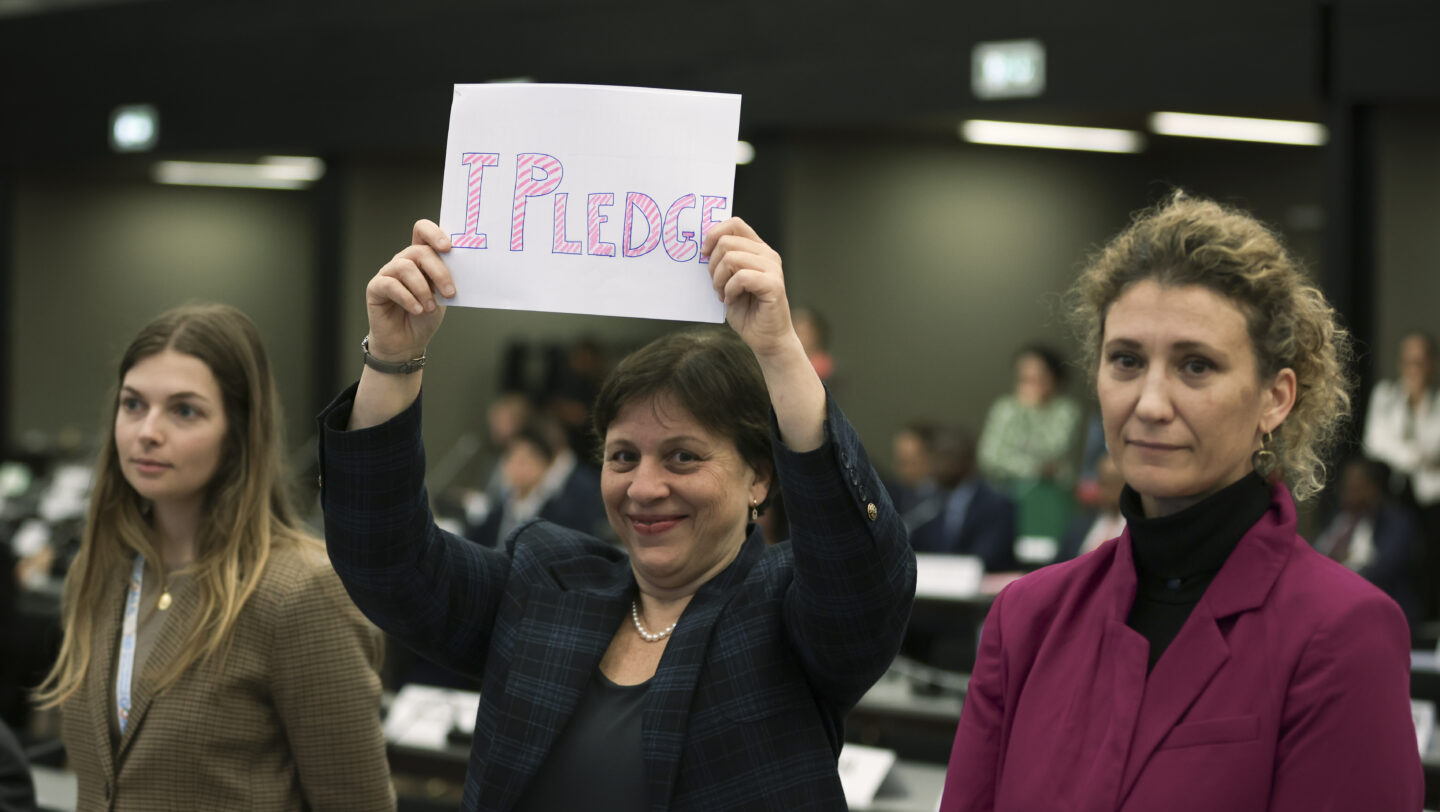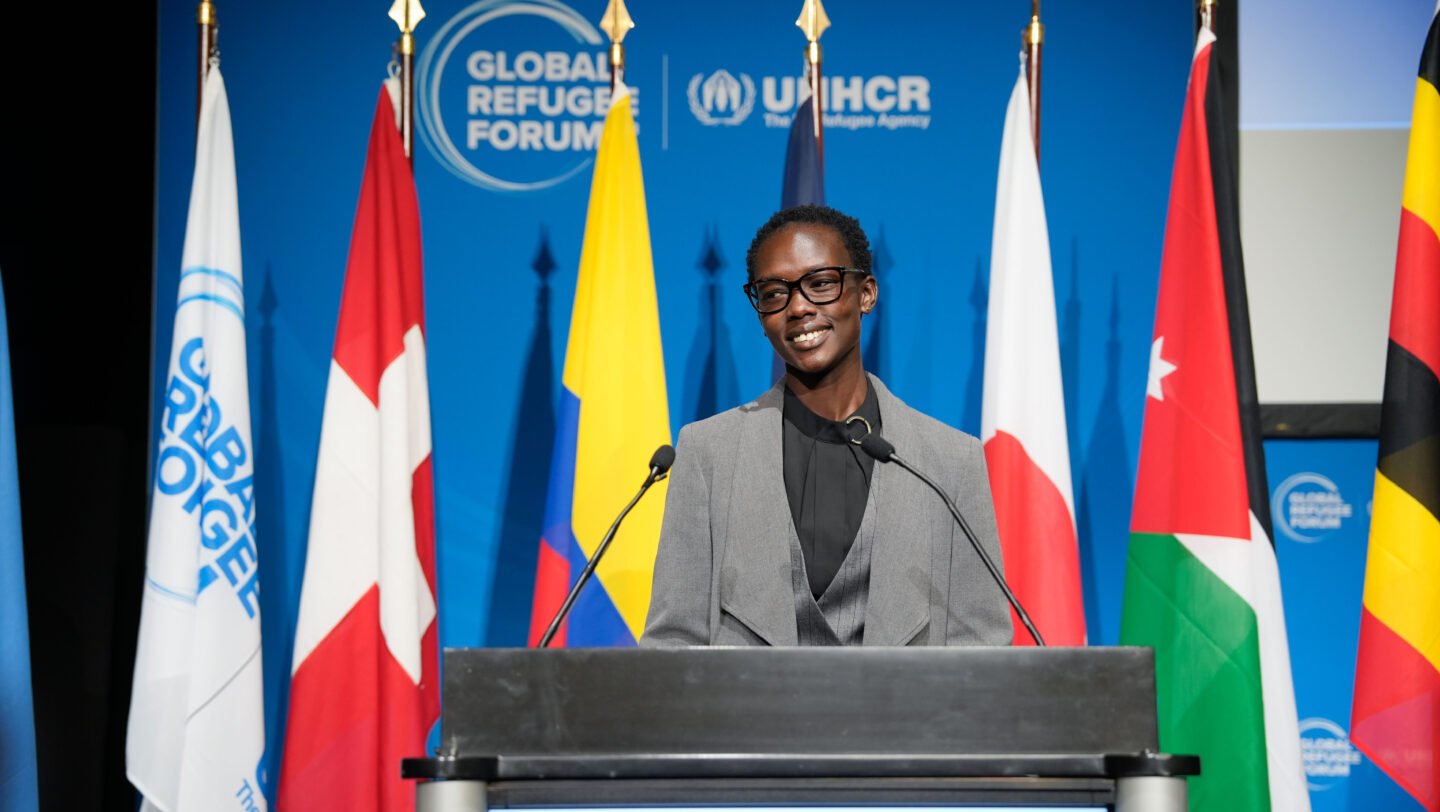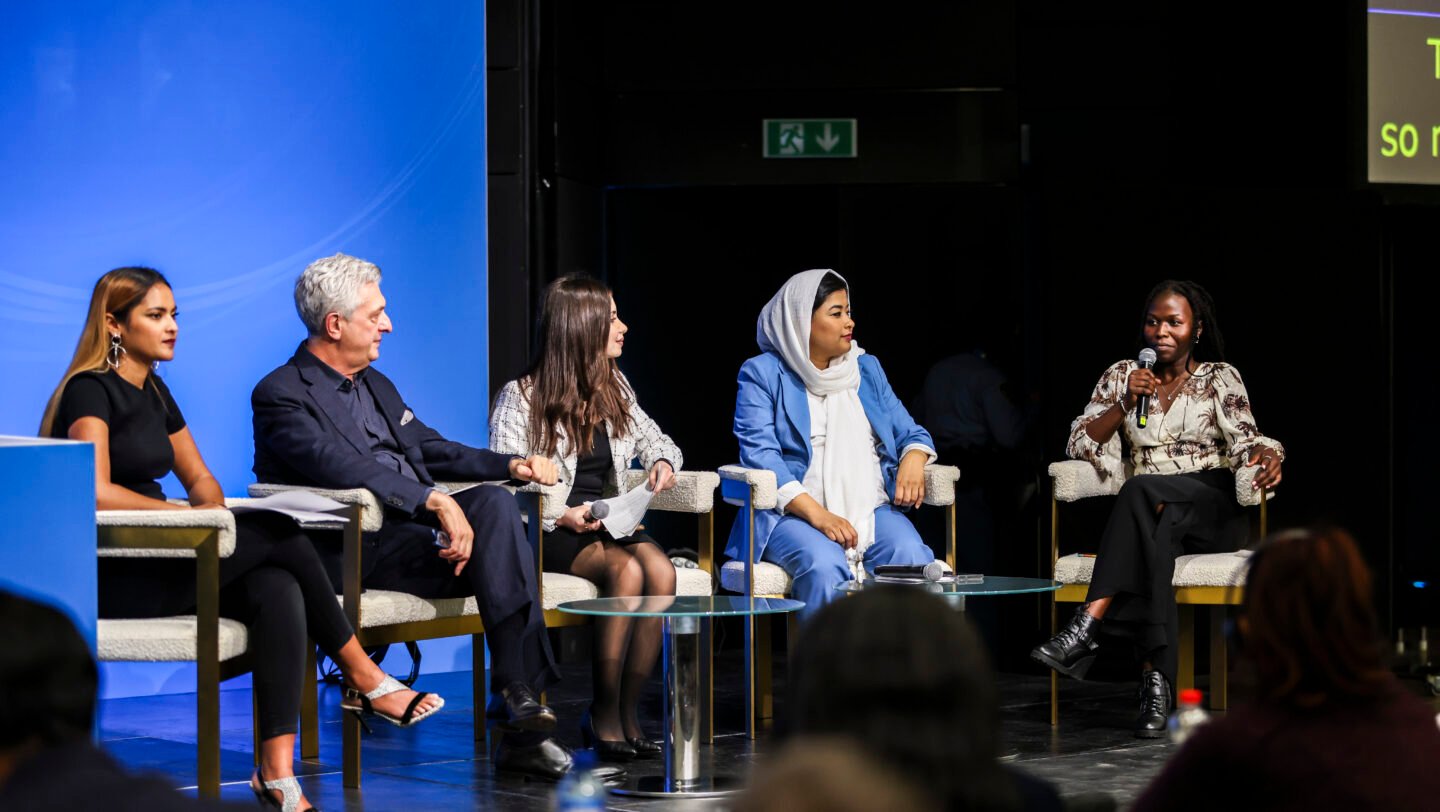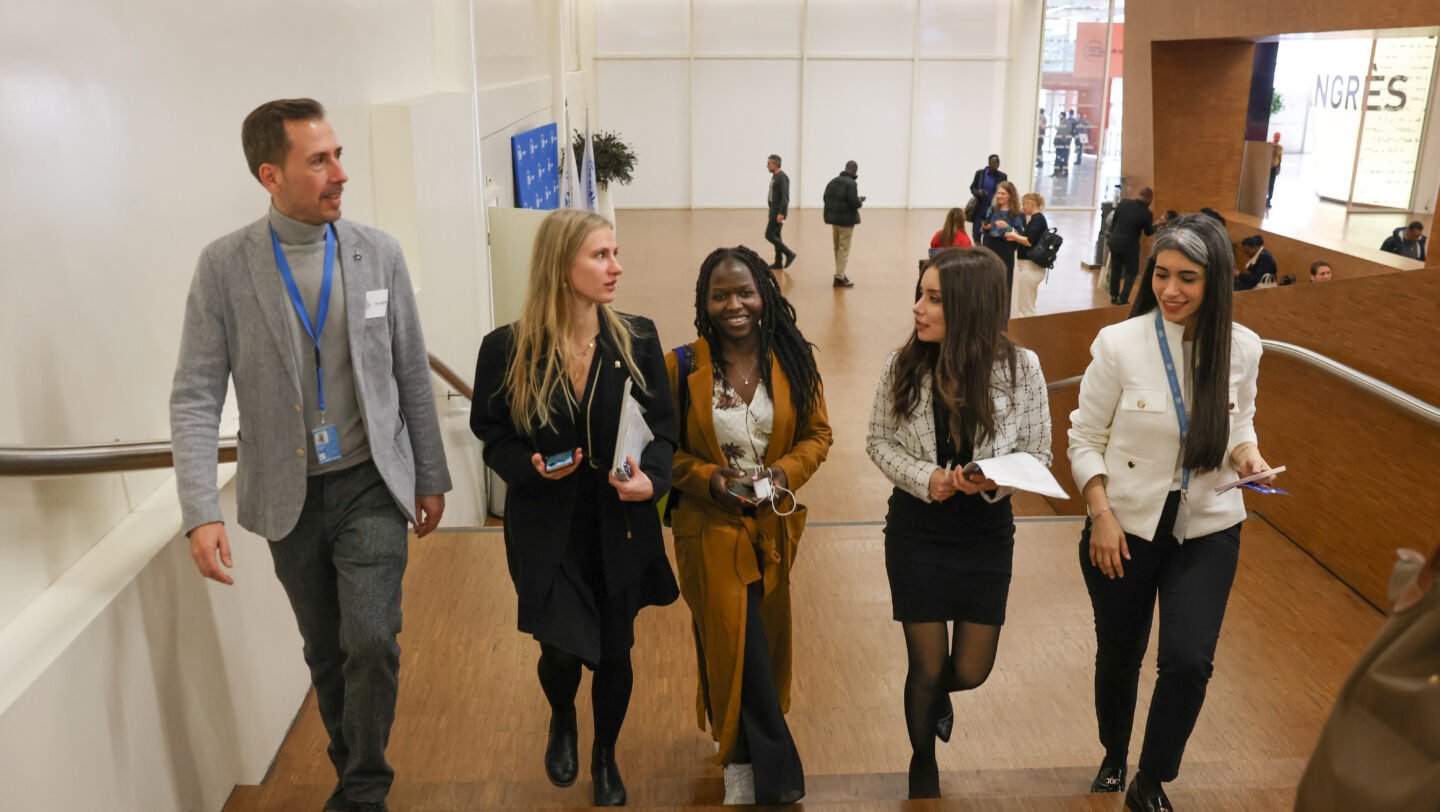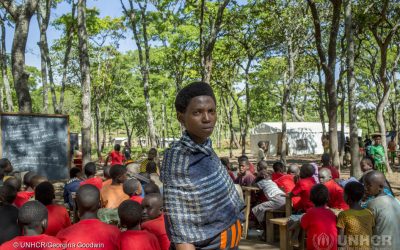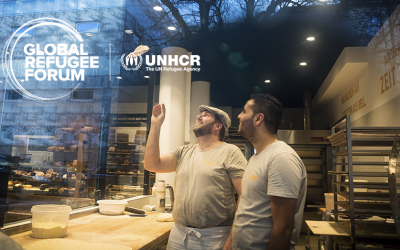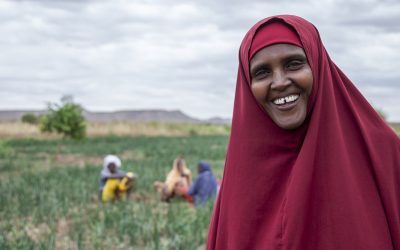A historic deal for refugees
In 2018, the world agreed on a new way forward for refugees and their hosts. The agreement, known as the Global Compact on Refugees, aims to improve the international response to new and existing refugee situations, and it seeks to ensure that refugees and the people hosting them receive the support they need.
The Nordic and Baltic countries have been strong and engaged supporters of the Global Compact on Refugees from the beginning. At the first two Global Refugee Forums in 2019 and 2023, the countries in the region provided a large number of important pledges, contributing with vital initiatives, partnerships and financial support, demonstrating commitments to realize the objectives of the Global Compact on Refugees.
What is the Global Compact on Refugees?
The Global Compact on Refugees – that was affirmed by the United Nations General Assembly in 2018 – is a framework for more predictable and equitable responsibility-sharing, recognizing that a sustainable solution to refugee situations cannot be achieved without international cooperation. It provides a blueprint for governments, international organizations, and other stakeholders to ensure that host communities get the support they need and that refugees can lead productive lives. It constitutes a unique opportunity to transform the way the world responds to refugee situations, benefiting both refugees and the communities that host them.
The four key objectives of the Global Compact on Refugees are:
- Ease the pressures on host countries;
- Enhance refugee self-reliance;
- Expand access to third-country solutions;
- Support conditions in countries of origin for return in safety and dignity.
The Global Compact on Refugees emerged from the milestone New York Declaration for Refugees and Migrants in 2016, laying out a vision for a more comprehensive and equitable response to refugee crises.
Learn more about the Global Compact on Refugees

Digital platform
On the digital platform for the Global Compact on Refugees you can find an overview of pledges, track the progress and explore good practices.
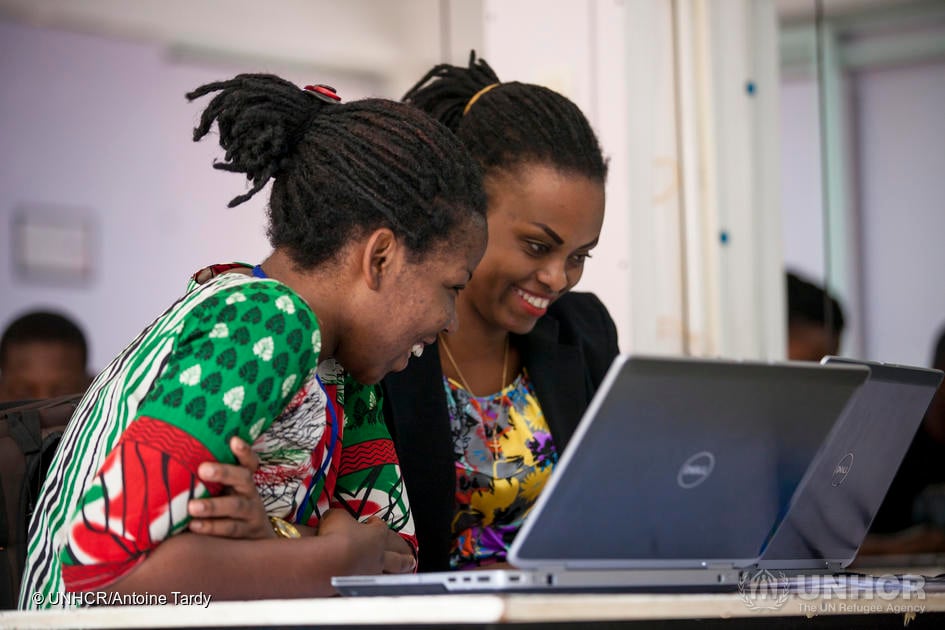
UNHCR's Quick guide
Learn the basics about the Global Compact on Refugees in this Q&A from UNHCR.
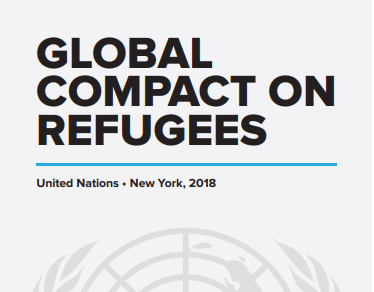
Global Compact on Refugees Booklet
In this booklet you can read the Global Compact on Refugees in full.
Global Refugee Forum
Held every four years, the Global Refugee Forum allows States and other actors to come together to share good practices and contribute with financial support, technical expertise and policy changes to help reach the goals of the Global Compact. The first Global Refugee Forum took place in December 2019 and was a milestone in building solidarity with the world’s refugees and the countries and communities that host them. Find more info in the report “Outcomes of the Global Refugee Forum 2019”.
The second Global Refugee Forum took place in Geneva, Switzerland. Over 4,200 participants from 168 countries attended the Forum in 2023, including over 300 refugee delegates. The Forum saw over 1,600 pledges made to support refugees and their host communities. An estimated $2.2 billion in new financial commitments by States and other actors was announced, including some $250 million pledged by the private sector. These outcomes offer a source of hope to the more than 36 million refugees displaced worldwide.
Click here to read more about the 2023 Global Refugee Forum.
News on Global Compact on Refugees & Global Refugee Forum
Global Refugee Forum Resources
17-18 December 2019 in Geneva, Switzerland
UNHCR will host the world’s first Global Refugee Forum
From a wide range of decision-makers and stakeholders to refugees themselves, from all over the world and all over society, will come together to mobilize action for a better refugee response.
States reach historic deal for refugees and commit to more effective, fairer response
UN General Assembly agrees on an innovative global framework to better serve the forcibly displaced and their host communities.
Ten questions and answers about the Global Compact on Refugees
The global compact on refugees seeks to ensure that refugees and the people hosting them receive the support they need.

